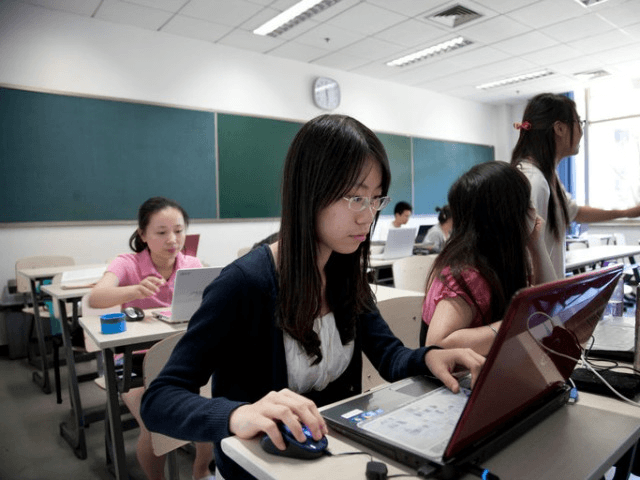Tensions are rising at some Australian universities amid concerns that the Chinese government is infiltrating teaching methods across the faculties, according to a report from news.com.au.
The concerns have arisen after multiple incidents of Chinese students demanding changes to teaching methods, as well as demanding apologies from lecturers about the way they explore certain topics.
The trend has led to concern across Australia of the growing threat of the Chinese Communist Party’s authoritarian ideology infiltrating universities and potentially influencing other students.
Some students have even posted footage online of lecturers going against the Chinese Communist Party’s ideology.
Last week, a student at the Chinese University of Newcastle uploaded footage of him arguing with a lecturer who referred to Hong Kong and Taiwan as independent countries.
“You are making us feel uncomfortable,” the student tells business professor Nimay Khaliani. “You have to consider all the students.”
“Exactly, all the students, not one set of students,” replied Khaliani.
The incident reportedly went viral across Chinese media, with Newcastle University having to contact China’s consulate-general to resolve the issue.
Another incident at the University of Sydney reported in Chinese media involved IT professor Khimji Vaghjiani displaying a map with three regions currently disputed by China and India as part of India.
“Over 18 months ago, I used an out-of-date map, downloaded from the internet,” Vaghjiani later said in a statement. “I was unaware that the map was inaccurate and out-of-date. This was a genuine mistake and I regret any offense this may have caused.”
Recently, the publishing company Cambridge University Press ceded to pressure from Chinese authorities to remove an academic journal named China Quarterly, pulling 300 articles from their archives. However, they recently announced that the articles had been reinstated:
Lowy Institute’s East Asian director, Merriden Varrall, told news.com.au that academic debate is not encouraged in China and, instead, students are encouraged to embrace Chinese nationalism and communist doctrine
“After Tiananmen Square in 1989, China really ramped up the ideology,” Varall said. “It creates a view of the world all Chinese young people share. … A lot of them don’t speak in class because they are afraid their language skills aren’t up to it. Debate is not normal in their country, they don’t have that practice.”
In May, a Chinese student who gave the student address at the University of Maryland’s commencement ceremony also faced a backlash in her home country after her speech went viral.
“I would soon feel another kind of fresh air for which I will be forever grateful. The fresh air of free speech,” Yang Shuping said during the speech. “Democracy and free speech should not be taken for granted. Democracy and freedom are the fresh air that is worth fighting for.”
Over the past decade, the number of Chinese students studying overseas has grown exponentially. As a result of their high economic status, many come from families with close ties to China’s Communist Party or the higher echelons of government.
You can follow Ben Kew on Facebook, on Twitter at @ben_kew, or email him at bkew@breitbart.com

COMMENTS
Please let us know if you're having issues with commenting.